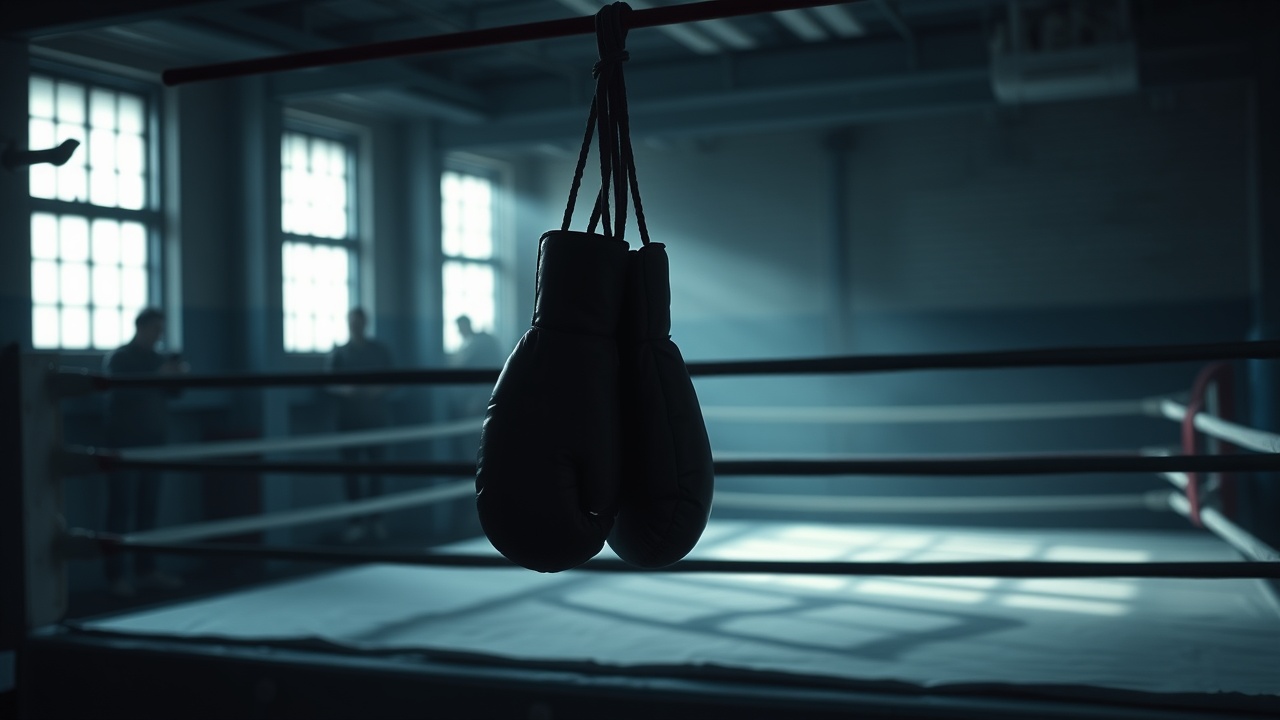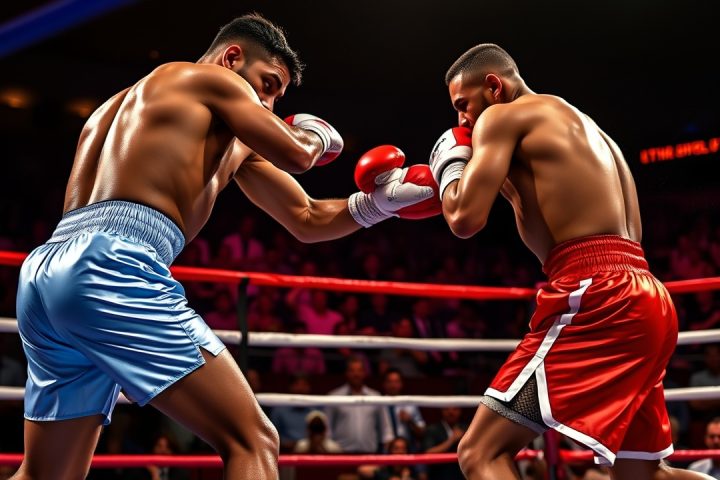Concerns Over Boxing Safety in Japan
The recent deaths of two boxers just days after a significant bout in Tokyo have raised alarming concerns about the future of boxing in Japan. On August 2, Shigetoshi Kotari and Hiromasa Urakawa, both aged 28, fought in the same event at Korakuen Hall and subsequently underwent brain surgery, which led to their untimely deaths. The incidents have sent shockwaves through the boxing community, prompting the Japan Boxing Commission (JBC) to question the sport’s safety and sustainability.
Urgent Call for Action
Tsuyoshi Yasukochi, the secretary-general of the JBC, stated to AFP that immediate action is essential to prevent the sport’s potential decline, emphasizing that without significant improvements in safety measures, Japanese boxing might not survive.
“We find ourselves at a pivotal point where a century-old sport could face extinction. Every stakeholder must acknowledge this urgency,”
he remarked, stressing the necessity for a serious approach to safety.
Proposed Safety Measures
In light of these tragic events, Yasukochi indicated that the JBC is devising a set of new safety protocols intended to enhance boxer protection. These proposed measures include urine testing to monitor dehydration levels and stricter regulations governing rapid weight loss practices, as dehydration is known to increase the risk of serious brain injuries, as per findings from the World Boxing Association.
Looking ahead, Yasukochi plans to unveil specific safety directives by September, reinforcing that a collective urgency permeates the JBC and affiliated bodies. He conveyed that every loss in the sport carries profound consequences and must not be ignored:
“It’s critical to approach boxing with the understanding that every life lost impacts all of us involved in the sport.”
Historical Context and Ongoing Concerns
The passings of Kotari and Urakawa echo similar tragic instances, including the death of Kazuki Anaguchi in December 2023, and the ongoing recovery of Ginjiro Shigeoka, who collapsed after a match in May. Furthermore, a recent report highlighted that an amateur boxer remains unconscious following a serious injury sustained during a sparring session.
Yasukochi emphasized the importance of conducting thorough investigations and addressing the ongoing safety concerns, rejecting any notion that these incidents should be accepted as inherent risks of the sport.
“It’s crucial that we do not dismiss these occurrences as mere coincidence; we must seek to understand their root causes and manage the implications for the well-being of our athletes.”
Conclusion
As Japanese boxing stands at this critical juncture, the future viability of the sport depends on the successful implementation of these proposed reforms and the commitment of all involved to prioritize fighter safety.




